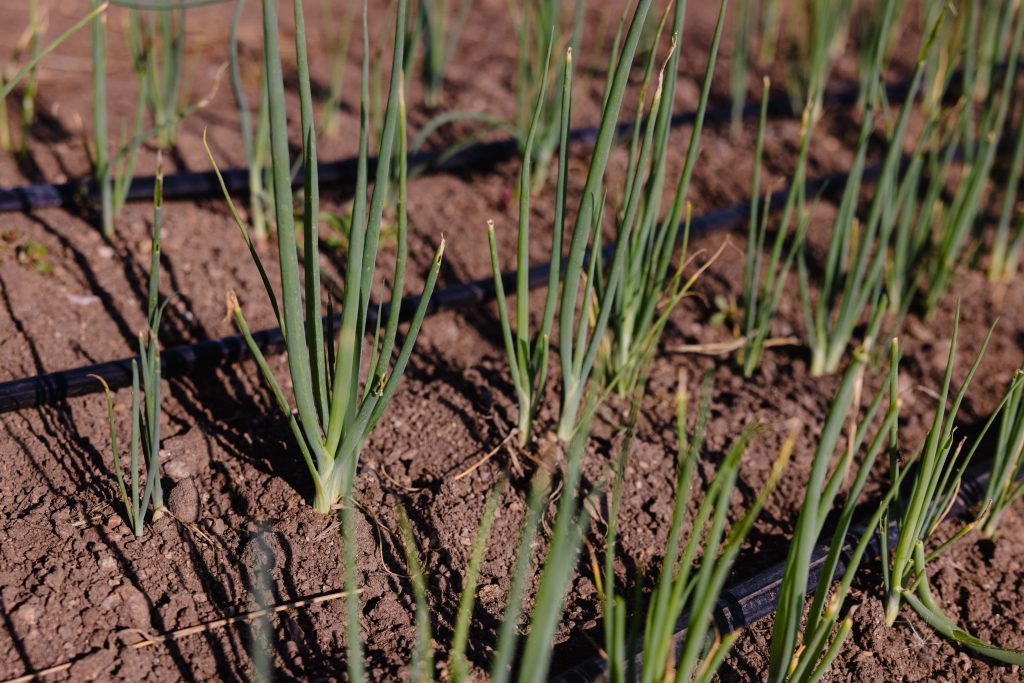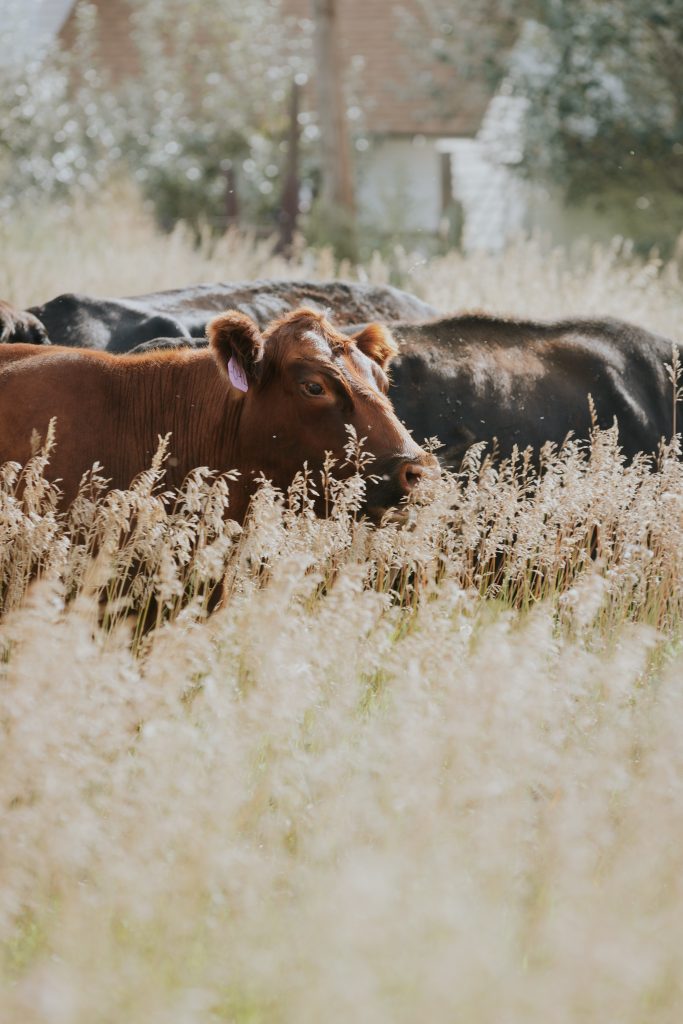Conquering climate anxiety through our local food system
Different as they may be, fear and hope are often two sides of the same coin. The past two decades have shown increased awareness and anxiety for our changing climate, and despite the countless innovations that have emerged from the environmental justice movement, it can be tough to remain positive. And as natural disasters like Hurricane Helene continue to force us to reckon with the real, deadly impacts of climate change, it’s up to us to continue to push forward with urgency and hope.
It is often said that action can cure anxiety. While there are a range of opinions regarding the impacts of individual actions versus systematic change, it doesn’t mean our actions don’t matter. At Boulder County Farmers Markets, we believe that local agriculture is a vehicle for effective change that can be leveraged to mitigate the impacts of climate change while creating positive effects for our communities. Here are just a few of the reasons local agriculture is giving us hope for a brighter future.
Farming fosters connection to the land
When you spend 60 to 80 hours a week with your hands in the dirt – working in harmony with changing weather conditions, insects, and critters – it’s hard not to feel connected to the earth we inhabit. You become acutely aware of how much snow we get each winter when it directly impacts how much water you will have to grow your crops. Through testing, you can observe the microbes in your soil – some of the tiniest, most overlooked forms of life we have – and see how your actions impact them.

Protecting local farms helps us preserve spaces in which we can build these connections to our land, which in turn increases our collective investment in the land. Perhaps that sounds a bit woo-woo for a local news column, but just try speaking with a farmer for more than five minutes without walking away with a renewed appreciation for their stewardship of the land.
The regenerative movement is making waves
Let us begin with a disclaimer: greenwashing is real, and as consumers make a noble push for companies to pledge to climate friendly goals, it’s more important than ever to be skeptical of businesses that exploit consumers’ interests in sustainability for their own profit. While the word regenerative might seem like another fad or trend, it’s rooted in years of agricultural wisdom that is just now getting the scientific findings to back it up.

With more knowledge, funding, and consumer interest, an increasing number of farmers around the country are adopting regenerative practices to improve soil health, sequester carbon, improve biodiversity, and slow climate change. Considering agriculture contributes to approximately 10% of U.S. greenhouse gas emissions, there is a real potential for these methods to have a large-scale impact on our climate.
The power of the people (and your dollars)
When it comes to changing systems, it’s the consumers that knock over that first domino. Whether that’s pushing grocery retailers to offer more organic and natural products – thereby increasing their production – or giving the regenerative movement legs, in a world motivated by money, your purchases matter. While attempting to take every single possible action to support the health of our planet is undoubtedly overwhelming, it’s important to remember that any action is better than zero action.
With our Wednesday market now over, you can continue to support our incredible local farmers, ranchers, and food businesses at our Saturday markets in Boulder and Longmont through mid-November. Learn more at bcfm.org.
